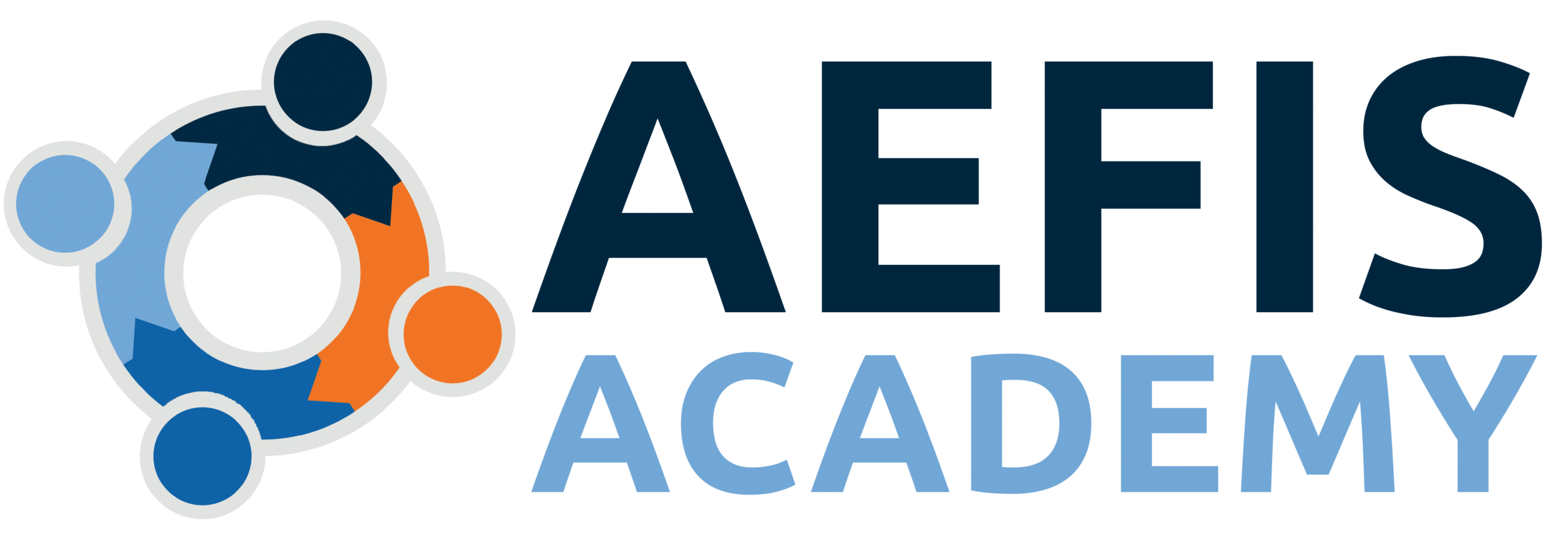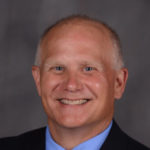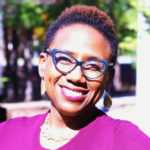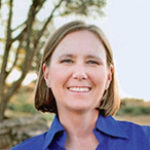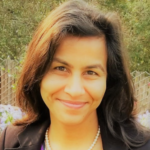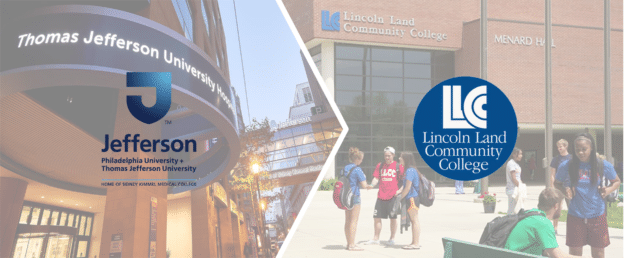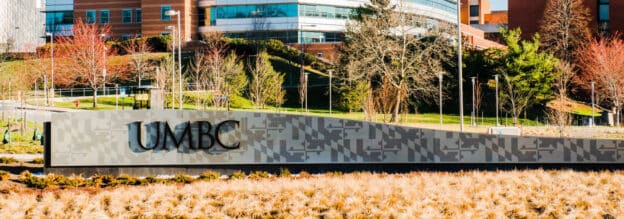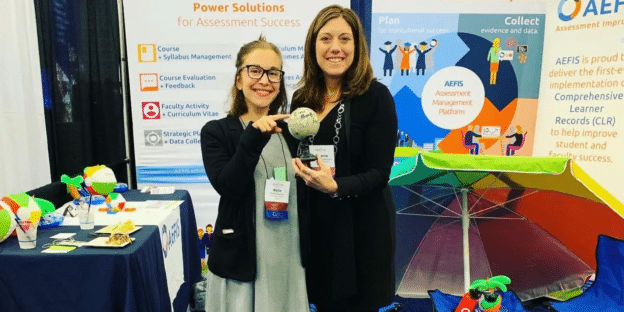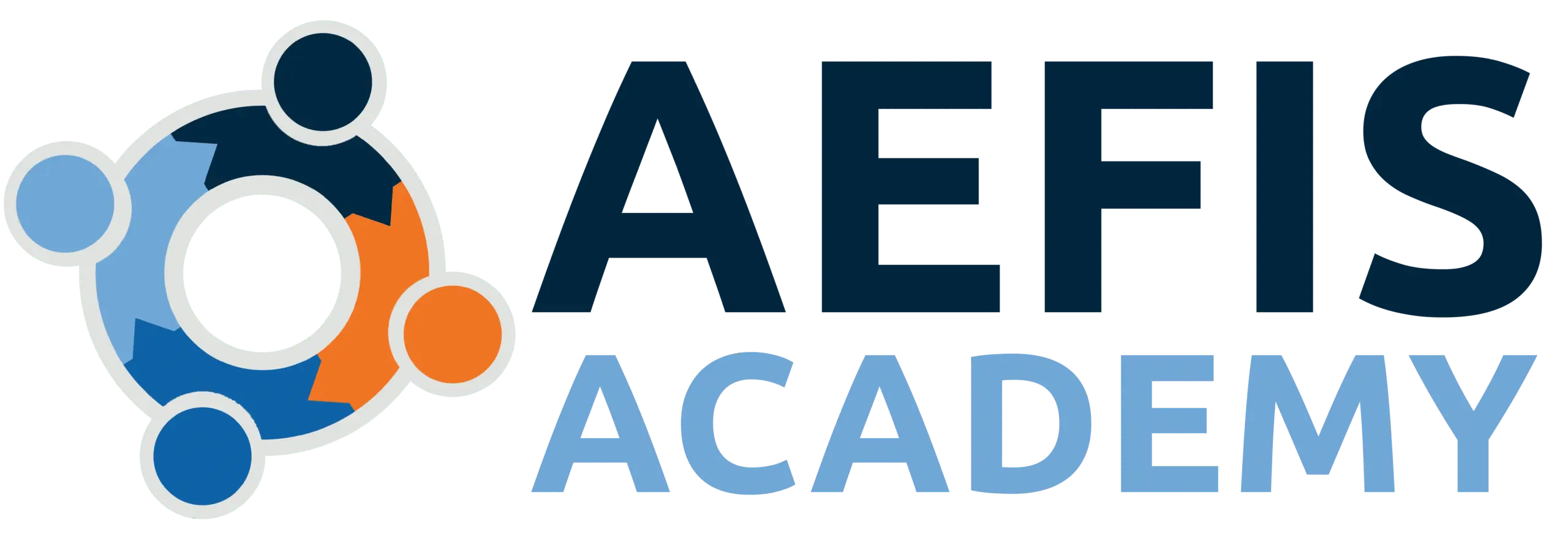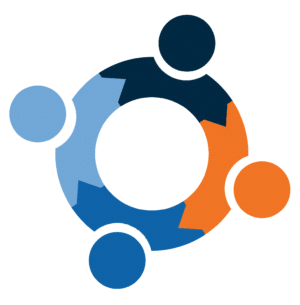Your Democracy & Assessment—Resources
| As your community of practice, AEFIS Academy launched a four-part series designed to explore and unpack the relationship between Democracy and Assessment. Throughout this series, a variety of thought leaders came together in conversation around what the current relationship between democracy and assessment entails, what the relationship should or could be, and what the role of assessment might be moving forward to support a productive democracy. |
Library of Resources & Community Leaders
Over the last several months, our panelists and community have contributed mightily to this series! We have put together these resources for you to review, download and use within your role at your institution.
Presenters
Rubrics & Syllabi
- AAC&U Civic Engagement VALUE rubric
- Keston Fulcher, James Madison University—Ethical Reasoning Rubric
- Fiona Chrystall, Asheville-Buncombe Technical Community College—First-Year Experience Course Syllabus by using a co-learner approach and based around the United Nations Sustainable Development Goals
- The University of Michigan “learning goals for the third century”
- Handout: Where’s the Learning in Service-Learning? By Janet Eyler and Dwight E. Giles, Jr., 1999
Articles and Multimedia
- A Leaderless Struggle for Democracy by Sarah Repucci
- Advancing Civic Learning and Engagement in Democracy (U.S. Department of Education)
- Alike: Short Film
- American Psychological Association, Beyond Your Bubble: How to Connect Across the Political Divide, Skills and Strategies for Conversations That Work
- Arundhati Roy, “The pandemic is a portal,” Financial Times, April 3, 2020.
- Assessment in Practice, Ethical Reasoning: Assessing a Critical Thinking Skill by Keston H. Fulcher, Allison J. Ames, & William J. Hawk (James Madison University)
- Assessment Competency: Multiple Perspectives with Keston Fulcher, Joe Levy & more
- Changing the World, One Word at a Time! Somewhere in America
- Defining, Teaching, and Assessing Ethical Reasoning in Action
- Democratically Engaged Assessment: Reimagining the Purposes and Practices of Assessment in Community Engagement, A White Paper by APPS Research Group
- Ethical Reasoning Publications and Presentations (James Madison University)
- How Covid Left a Generation in Limbo
- How 20 Years of Education Reform Has Created Greater Inequality by Michael A. Seelig
- NILOA Assessment Brief: “A Historical Overview of Assessment: 1980s-2000s”
- Perrin, A. J., & Gillis, A. (2019). How College Makes Citizens: Higher Education Experiences and Political Engagement. Socius: Sociological Research for a Dynamic World, 5, 1-16.
- Students’ Vital Role in OER by Christina Hendricks
- Values-Engaged Assessment: Reimagining Assessment through the Lens of Democratic Engagement
University of Michigan—Center for Research on Learning and Teaching
- CRLT Occasional Papers nos. 32-36
- 36. Development and Assessment of Student Social/Civic Responsibility and Ethical Reasoning by Samantha K. Hallman, 2016.
- 35. Development and Assessment of Collaboration, Teamwork, and Communication by Stephanie M. Kusano, Amy J. Conger, and Mary C. Wright, 2016.
- 34. Development and Assessment of Self-Agency and the Ability to Innovate and Take Risks by Stephanie M. Kusano, Mary C. Wright, and Amy J. Conger, 2016.
- 33. Development and Assessment of Student Creativity by Samantha K. Hallman, Mary C. Wright, and Amy J. Conger, 2016.
- 32. Development and Assessment of Intercultural Engagement by Stephanie M. Kusano, Amy J. Conger, and Mary C. Wright, 2016.
Community Blogs
- Assessment and Democracy: It Makes Complete Sense — By David Dees
- Reflections on Trust: Cheating in a Pandemic — By Natasha Jankowski
- The Fragility of Democracy — By Natasha Jankowski
- When Civic Engagement Assessment Gets Political — By Dena Pastor
- Education, Democracy and the Gearbox of Capitalism — By Michael Seelig
Questions for Discussion
“Who owns the curriculum or curricula at an institution? What is the role of the staff who facilitate assessment efforts in addressing curricular issues? Given the highly decentralized nature of higher education in the U.S., what might it mean to decolonize curricula?” – Andre Foisy
“What (if any) is the role of assessment in evaluating how campuses address these basic aspects of democracy? – Steve Wygant
